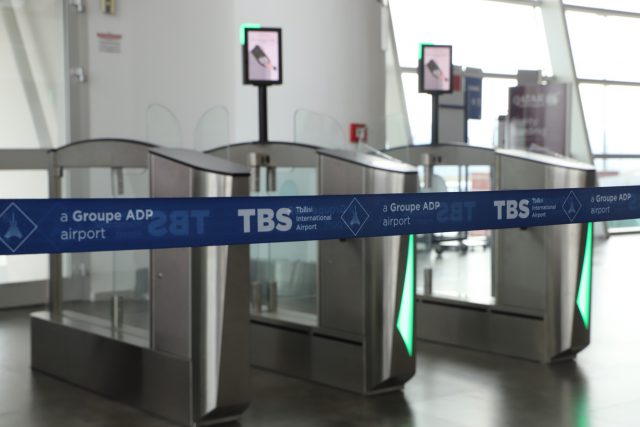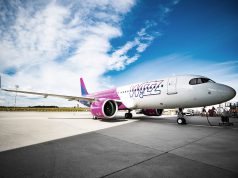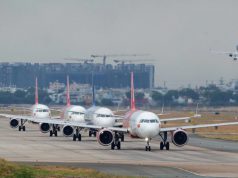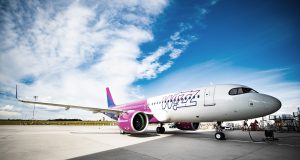TAV Georgia continues to invest in the technological development of Tbilisi and Batumi international airports and the digitalization of services. Over the past five years, TAV Airports’ subsidiary, TAV Technologies, has carried out multiple phases of work in Tbilisi to ensure that the country’s main airport meets the challenges of modernity, offering passengers additional comfort through the simplification of procedures.
In the last three years alone, TAV Georgia has invested 6.5 million GEL in these projects. In addition to investments made in the IT sector, TAV Georgia allocates up to 6 million GEL annually within its operating budget to ensure the proper functioning and quality of its IT infrastructure, as secure, stable, and efficient IT infrastructure is a critically important priority in the aviation sector.
At Tbilisi International Airport, a self-service passenger boarding system, the so-called E Gate, has been implemented. This system allows passengers to avoid long lines and board the plane more comfortably via a jet bridge. Since 2024, one E Gate exit has been operational at Tbilisi International Airport, with two more expected to be added in 2025. From August 2024 to the present, over 50,000 passengers have used this service at Tbilisi International Airport.
Self-check-in kiosks have been installed in the airport’s departure terminal. The Self Check-in system includes two kiosks, integrated with several airlines, including Air France, LOT Polish Airlines, Qatar Airways, and Turkish Airlines. Plans are underway to increase the number of kiosks and integrate additional airlines into the system.
Tbilisi International Airport has also established an automated car parking system. The CarPark self-service system eliminates the issue of queue formation and makes the airport visit more convenient for passengers. Additionally, last year, the flight information display system (FIDS) was updated at both Tbilisi and Batumi international airports, enhancing the flexibility and quality of information provided to passengers.
“The growth in passenger traffic presents numerous challenges, and it is crucial for the airport to implement systems that make services more flexible and of higher quality. In 2025, we plan to add self-check-in kiosks and self-service gates (E Gate). We are also working on introducing an AI-based informational robot to serve passengers. The robot will provide passengers with information about airport facilities and registration processes in the terminals. This will be a pilot service, which we will monitor and later expand. We also plan to update the airport’s operational management program, TAMS, this year. This is a core management system that integrates with flight schedule data, registration systems, and other components, orchestrating their management. While this is not visible to passengers, the program is fundamental to the airport’s digital operations. I would also like to note that one of the greatest challenges of the modern world, cybersecurity, is especially relevant for us, and we are putting significant efforts into this area, both financially and intellectually. We must ensure that the benefits brought by the digital transformation of airports are maximally protected,” says Mindia Gablaia, IT Manager at TAV Technologies in Georgia.
TAV Technologies, a subsidiary of TAV Airports Holding, is a leading IT integrator in the aviation sector. The company works on the development of technologies and digital services at more than 50 airports in 20 countries. The systems implemented by TAV Technologies serve 400 million passengers annually. In the South Caucasus region, TAV Technologies’ services are implemented at three international airports: Tbilisi, Batumi, and Baku International Airports.














